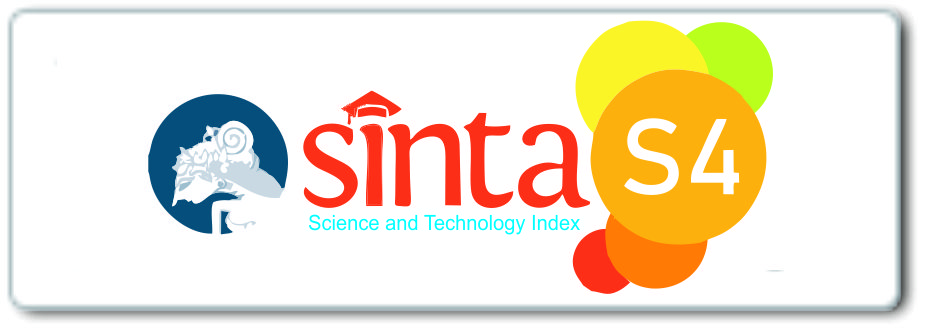ABOUT THE JOURNAL
SettingsJournal Policy
Journal Policy
1. Publication Ethics
Etihad: Journal of Islamic Banking and Finance strictly follows publication ethics based on COPE’s Best Practice Guidelines for Journal Editors (Publication Ethics). All parties involved in the publication process — editors, reviewers, authors, and the publisher — are expected to uphold academic integrity, honesty, and transparency in every stage of publication.
Duties of Editors
-
Evaluate manuscripts based solely on their academic merit, regardless of the authors’ race, gender, religion, political views, or institutional affiliation.
-
Maintain confidentiality of all submitted manuscripts.
-
Avoid conflicts of interest and refrain from using unpublished materials for personal research.
-
Make publication decisions based on the reviewers’ recommendations and editorial board considerations.
Duties of Reviewers
-
Assist the editor in making editorial decisions and help authors improve the quality of their manuscripts.
-
Evaluate manuscripts objectively and provide constructive feedback.
-
Treat all manuscripts as confidential documents.
-
Disclose any potential conflicts of interest related to the authors or institutions involved.
Duties of Authors
-
Ensure that their work is original and that all sources are properly cited.
-
Avoid plagiarism, fabrication, and multiple or redundant publications.
-
Include all individuals who have made a significant contribution as co-authors.
-
Disclose any financial or personal conflicts of interest that might affect the research results.
-
Notify the editor immediately if significant errors are discovered after publication.
Duties of Publisher
The Faculty of Economics and Islamic Business, UIN Kiai Ageng Muhammad Besari Ponorogo, as the publisher of Etihad, ensures that all publication processes are conducted in accordance with academic and ethical standards. The publisher is committed to supporting editorial independence and maintaining the integrity of scholarly publishing.
2. Peer Review Process
Every manuscript submitted to Etihad undergoes an initial screening by the editor to ensure compliance with the journal’s focus, scope, and author guidelines. Eligible manuscripts are then evaluated through a double-blind peer review process by at least two independent reviewers.
The reviewers assess originality, methodology, clarity, and scientific contribution. The final decision to publish is made by the editor based on the reviewers’ recommendations.
3. Open Access Policy
Etihad: Journal of Islamic Banking and Finance provides immediate open access to all its content. This policy ensures that research is freely available to the public, supporting a greater global exchange of knowledge. Users are allowed to read, download, copy, distribute, and use the content for lawful and academic purposes, provided proper attribution is given to the authors and the journal.
4. Plagiarism Policy
All manuscripts must be original and free from plagiarism, including self-plagiarism. Each submission will be checked using Turnitin or equivalent plagiarism detection software. The acceptable similarity index is below 20% (excluding references).
Manuscripts exceeding this limit will be returned to the authors for revision or rejected.
5. Copyright Notice
Authors retain the full copyright of their work published in Etihad: Journal of Islamic Banking and Finance.
This journal operates under a Creative Commons Attribution (CC BY 4.0) License, allowing others to copy, distribute, display, and adapt the work with proper attribution to the original author and source.
Etihad with CC BY license. Copyright © 2025, the author(s).
Accordingly:
-
Copyright remains with the authors.
-
Etihad holds the right of first publication.
-
Reuse for academic and non-commercial purposes is permitted with proper attribution.
6. Publishing Process
-
Authors ensure that the manuscript complies with the Author Guidelines and Etihad Template.
-
Manuscripts are submitted through the Online Journal System (OJS) after registration.
-
The editorial team conducts an initial screening for scope, format, and plagiarism.
-
Manuscripts passing the initial stage proceed to the double-blind peer review process.
-
Based on reviewers’ feedback, the editor decides whether the manuscript is accepted, revised, or rejected.
-
Authors must revise the manuscript according to reviewers’ suggestions within the specified time.
-
Accepted manuscripts go through copyediting, layout editing, and proofreading stages.
-
The final version is published online under Open Access policy.
7. Publication Frequency
Etihad: Journal of Islamic Banking and Finance is published twice a year, in June and December.
8. Archiving Policy
This journal utilizes digital archiving systems such as LOCKSS and PKP PLN (Public Knowledge Project Private LOCKSS Network) to ensure secure and permanent preservation of all published articles.





